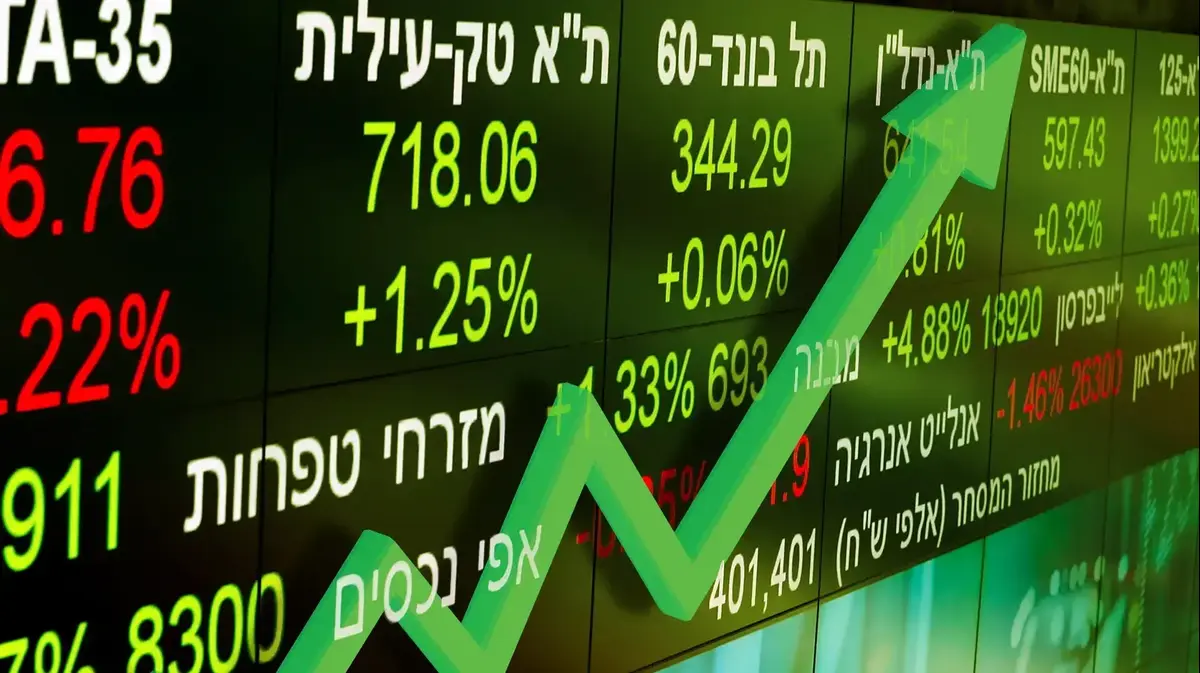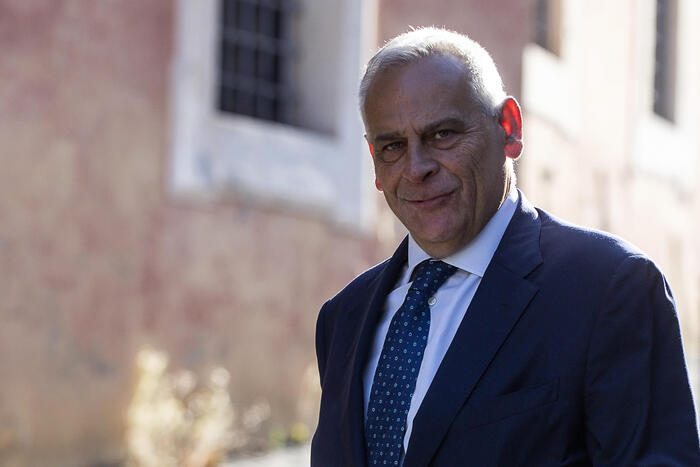A Bancolombia building in Bogotá.Jeff Greenberg (Getty Images)
The shares of Bancolombia, the largest financial institution in the country whose largest shareholder is Grupo Sura, fell 8.46% on Thursday on the Colombian Stock Exchange (BVC) and closed 28,850 pesos (6.05 euros). The day was also not positive for the general market. This occurred after the announcement of the pact between the Gilinski family of bankers and the shareholders of Grupo Empresarial Antioqueño (GEA). Since last Wednesday, a cloud of uncertainty has been floating over the future of a somewhat limping stock market, undesirable abroad and that has lost 40% of its value in dollars over the last year, according to Bloomberg data.
Sources close to the Gilinski family assume that the family clan, in tandem with its Emirati allies, will cancel the stock market registration of Grupo Nutresa, the processed food multilatina recently acquired by 87% within the mutual agreement pact that ended a bitter business dispute of a year and a half by the most powerful conglomerate in the country. Nutresa would leave an empty place at a time of vulnerability for the BVC, which has listed the shares of only 34 companies.
And although analysts repeat that the stock market performance of the Nutresa, Argos and Sura groups, until now the central core of the GEA, has been rather modest, they also emphasize a paradox: their activity on the stock market maintained some attention on a market that has suffered from hardships for years.
"Nutresa's stock since 2010 is almost flat," explains financial analyst Sebastián Arango, "with the appearance of Gilinski it moved a little better. The same happened with Sura's. In the case of Argos the situation has been more serious, because it has been an action that has not been lifted since October 2010, with maximums of 23,700 pesos." It is, perhaps, a good reflection of the situation and confirms that the options for investors are also reduced: "The market is not going to dry up because of the fights of three large companies," says Arango, "but in recent years too many species have come out and I think there are already several consecutive blows to credibility and liquidity."
It is worth remembering that the stock exchange is a private entity and a fundamental instrument for companies to have access to cheaper financing. Also a channel of tangible participation in the financial system for citizens in general (in other times, even closer than banking, conditioned by other requirements). In the end, it is a kind of fish market that democratizes the ownership of companies and where some pension funds and public companies in the country participate.
On Thursday, the Colombian Stock Exchange reported through a statement that the negotiations of the shares of Sura, Argos and Nutresa are suspended in a preventive manner. A decision that will have scope until June 15 and whose objective is to give investors time for analysis and information to better move their chips before the changes of panorama. The titles of the three groups closed the day on Wednesday with more or less predictable falls after the agreement whose content is still largely unknown.
From the pact it has been established, for the time being, that the two sides had to give up a portion of their ambitions. Although Grupo Nutresa remains in the hands of the Gilinskis and the Arabs, the food multilatina must leave the shareholding of Grupo Sura, a decision that cuts the iron defense of the so-called Antioquia castling and that had shielded the companies of the group from hostile takeovers for more than four decades. But it also means that the future owners of the company that has brands such as Zenú, Pastas Doria or El Corral, give up their claims to stay with the industrial, financial and infrastructure companies of GEA.
For its part, history from an international perspective also shows symptoms of exhaustion. A financial operator based in the United States says that for a year he has not received a single call from international investors interested in Colombia. In his opinion, the two vectors that have most pushed attention to other markets are the doubts generated by the political shift to the left, embodied in President Petro, and the ups and downs of the transaction between the GEA and the Gilinskis, which had already extended for more than a year and a half.
Nutresa, he adds, was attractive to international investors because it is the only consumer products company, since the other two blocks focus on financial or infrastructure issues. To exemplify the loss of attractiveness, remember that when he began to cover the Colombian market, 100 million dollars a day were negotiated. Today there are less than 30. Along the same lines, Juan Camilo Jiménez, manager of the financial Estrategia Andina, adds that it is never good for an issuer to come out in such a tight market.
In his speech, however, pessimism is not widespread and recalls that Nutresa "was not a great liquidity builder of the Colombian stock market either." Remember that the only effective method in recent decades to arouse the appetite of investors was, precisely, the nine takeover bids launched by the Gilinskis. "We must also bear in mind that we have been in a punished market and its stock never represented more than 3%" of the market.
Enough reasons for him to see an opportunity: "I believe that the GEA companies had dozens of projects that they had stuck," continue Jiménez, "and this is a good time for them to take a second wind, after so much wear and tear due to legal uncertainty, and launch with new actions and new emissions, even if it is long term."
Felipe Gómez, director of the Colombian chapter of the British financial manager Ashmore, adds that it is a good situation for changes to be made at the regulatory level: "A while ago many of these things did not happen. But after what we saw with the nine hostile takeover bids we should take a cue from the more developed markets and protect investors who sell on poorer, cheaper terms. That would be a sign of great confidence for the markets."
In any case, former Finance Minister Juan Camilo Restrepo recalls that the Colombian Stock Exchange has historically been a small player, with an absence of liquidity and just over thirty listed companies: "Things should return to their normal course. But we are facing an unprecedented panorama in Colombia. I believe that the great impact has already occurred during the bidding of these actions and the defense strategy of the Antioquia group. With a commercial transaction in progress, I think what is relevant is the result of a business that was reduced to an exchange of shares. The Gilinskis, supported by the resources of the Arabs through interposed people, keep the most important food company in Colombia, Nutresa, and the Antioquia people stay, basically, with the financial group. Forecasting beyond is not easy."
Subscribe here to the newsletter of EL PAÍS about Colombia and receive all the informative keys of the current situation of the country.

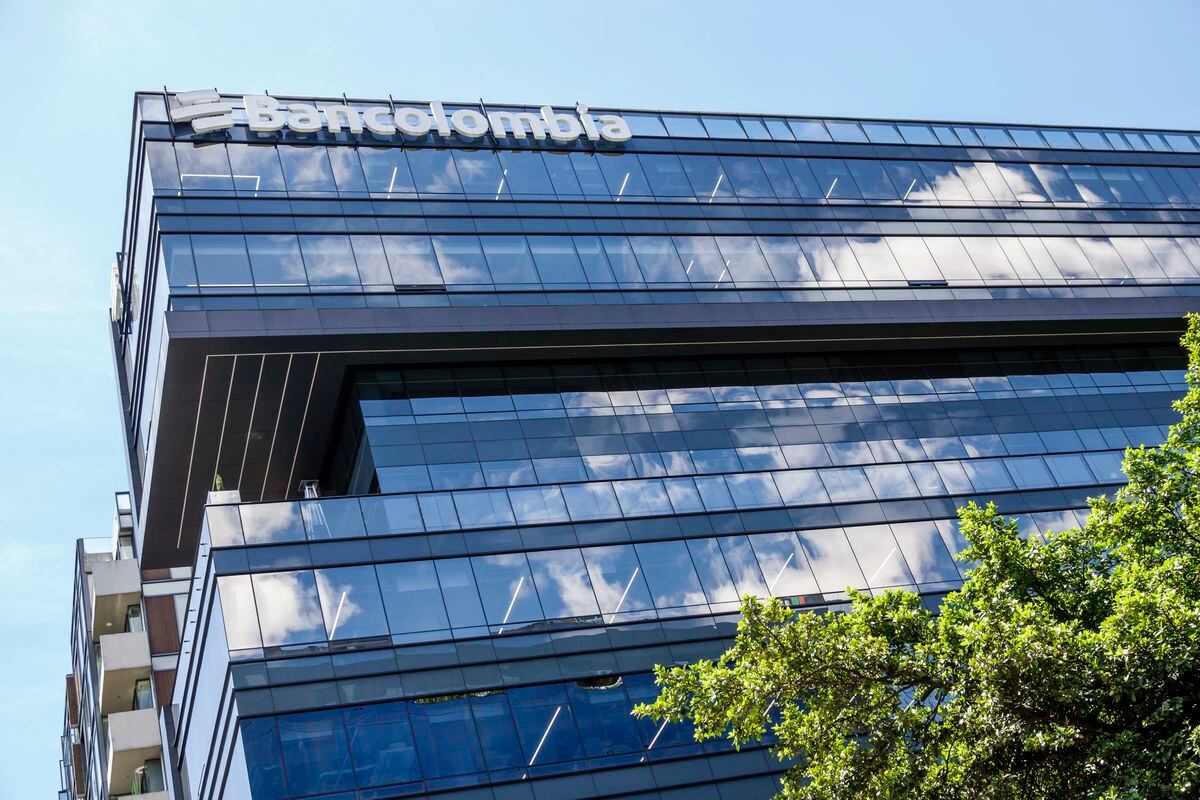

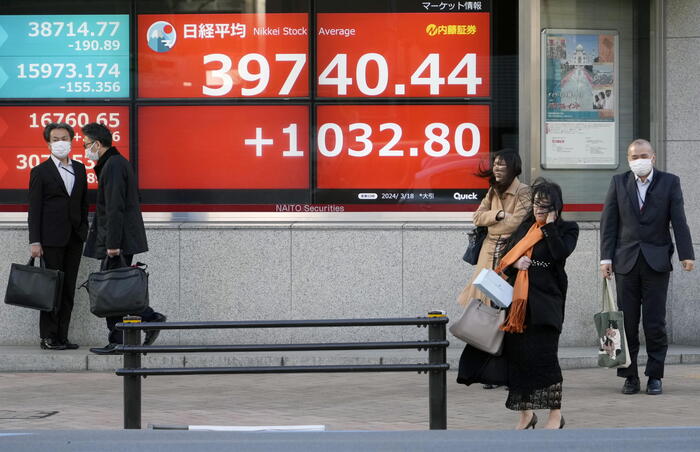
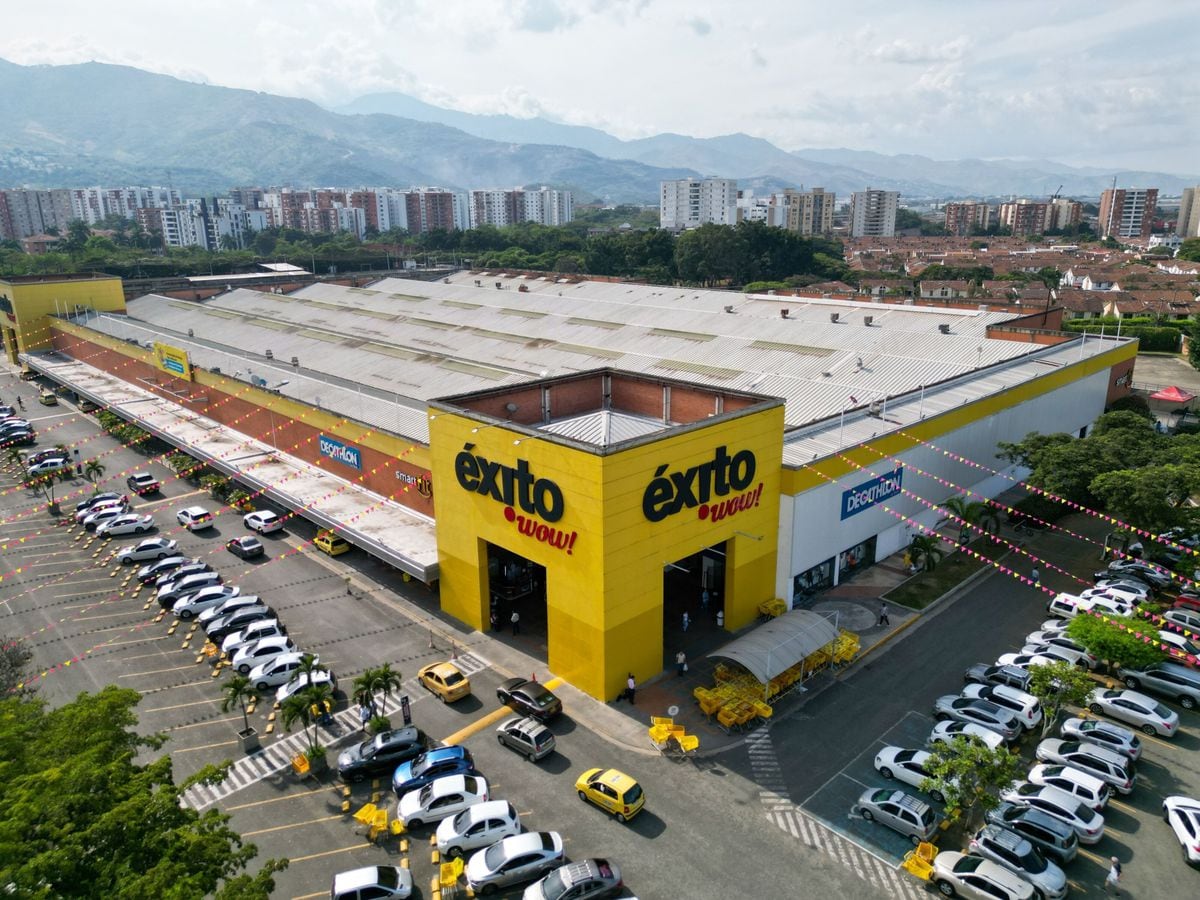
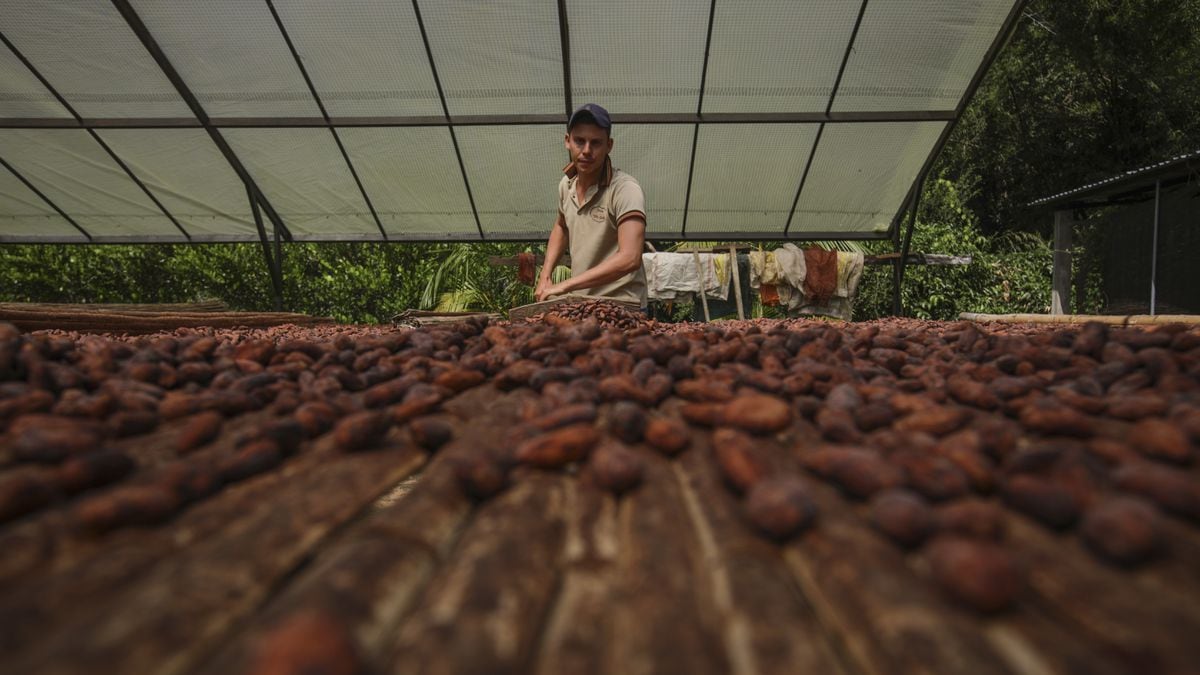

/cloudfront-eu-central-1.images.arcpublishing.com/prisa/HWNXJOM4ENEOHCQN3NSKWWMECM.jpg)
